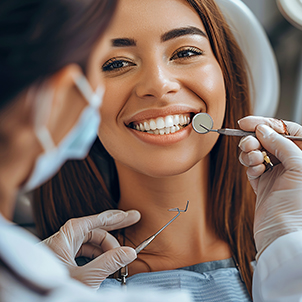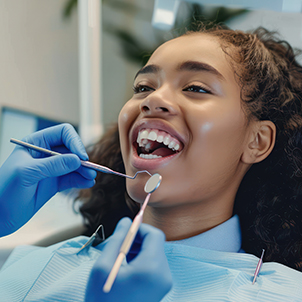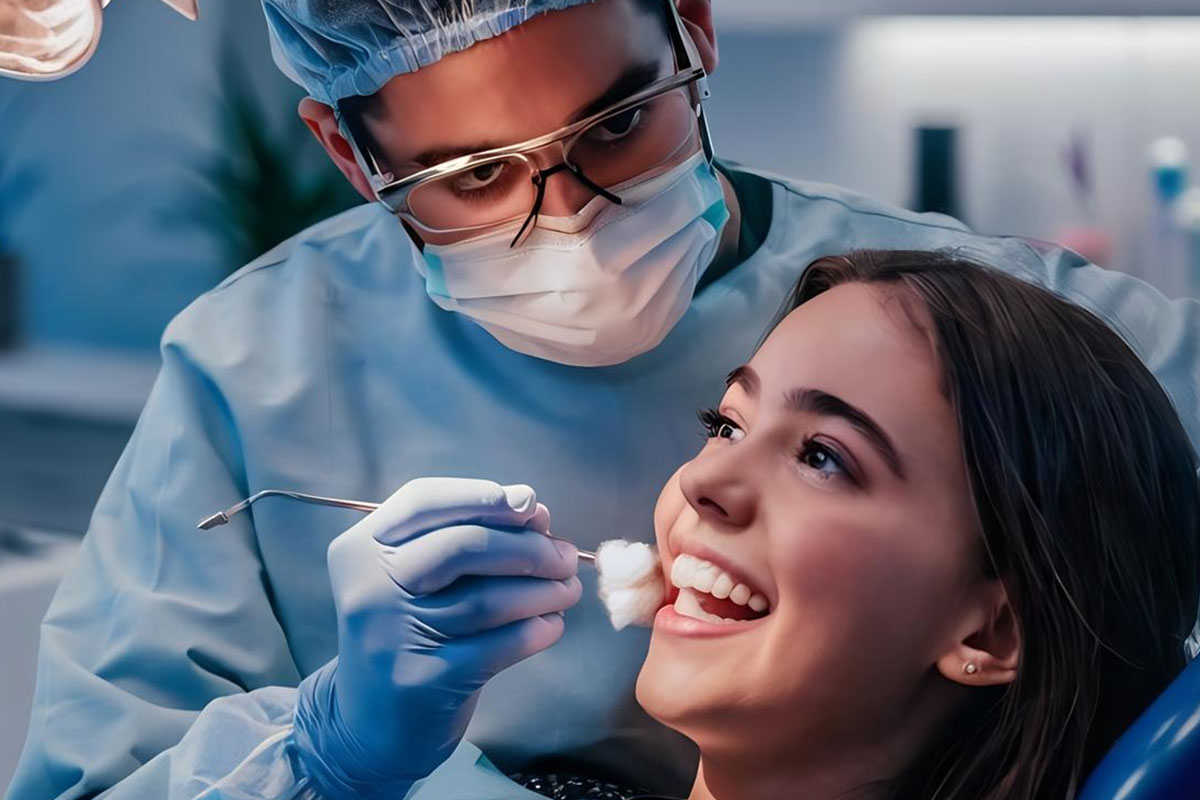advanced diagnostic tools
Modern dentistry utilizes advanced diagnostic tools and technologies to ensure accurate and efficient treatments. Digital X-rays, intraoral cameras, and 3D imaging provide detailed views of teeth and underlying structures, aiding in precise diagnosis and treatment planning.
Dentists recognize that each patient has unique needs and concerns. Personalized care plans are developed to address individual dental health goals and preferences. Dentists also educate patients on proper oral hygiene practices and offer advice on diet and lifestyle choices that can impact oral health.
comfort and convenience
Many dental practices prioritize creating a comfortable and stress-free environment for patients. This includes offering amenities like sedation dentistry for those with dental anxiety, flexible scheduling options, and comprehensive care under one roof.


The effectiveness of teeth whitening depends on various factors, including the method used, the cause of discoloration, and the individual’s teeth. In-office whitening treatments generally provide the most noticeable results, often lightening teeth by several shades in a single visit. At-home kits can also be very effective, especially when used consistently and as directed.
It’s important to note that teeth whitening is not permanent. The longevity of the results depends on your lifestyle and oral hygiene habits. Avoiding foods and drinks that cause staining, not smoking, and maintaining good oral hygiene can help prolong the effects of whitening treatments.


